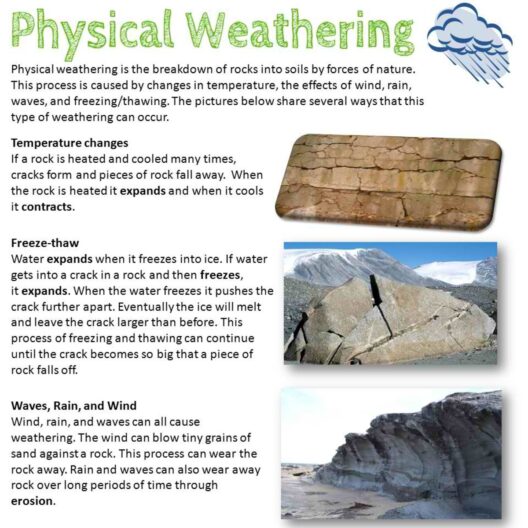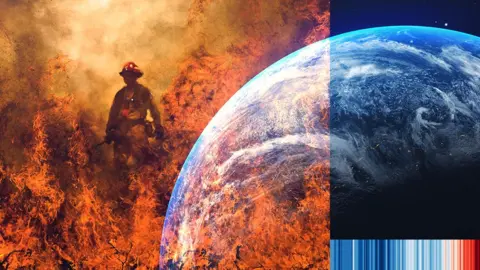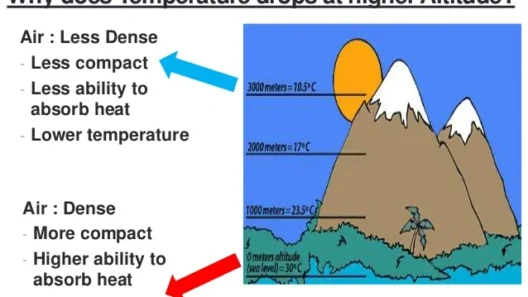In the tumultuous landscape of American politics, few subjects have sparked more contention than climate change. Among the influential figures at the center of this debate is former President Donald Trump, whose vocal skepticism has led many to interpret his stance as a denial of the phenomenon. This article delves into the complexities of Trump’s relationship with climate science, examining whether he genuinely perceives climate change as a hoax or if his rhetoric serves broader political and ideological purposes.
To understand Trump’s perspective, it is essential to contextualize his views within the larger narrative of climate skepticism that has permeated certain sectors of American society. For Trump, climate change has often been framed within a binary: those who believe it represents an existential threat to humanity versus those who consider it a manufactured crisis. His proclamations, notably those stating that climate change is a “hoax,” resonate with a significant segment of the populace that feels disenfranchised by mainstream environmental discourse.
One must ask: why has climate change garnered Trump’s particular ire? The answer lies not solely in scientific disbelief, but in an intricate web of socio-economic factors and political affiliations. The former president’s constituency often includes white working-class voters in industrial regions who have felt the economic brunt of environmental regulations. By disavowing climate change, Trump effectively positions himself as an advocate for these individuals, suggesting that he seeks to protect jobs in traditional energy sectors—coal, oil, and gas—often vilified in discussions surrounding climate initiatives.
Moreover, Trump’s alignment with the fossil fuel industry cannot be overlooked. Throughout his presidency, he consistently championed deregulation, favoring economic expansion over environmental sustainability. His administration rolled back numerous environmental protections that had been established over the past several decades. This tactical maneuvering suggests a deeper allegiance to corporate interests, further complicating the notion that his beliefs are rooted in skepticism alone. Instead, they may embody a strategic political calculus aimed at galvanizing a specific voter base.
In discussing Trump’s views on climate science, it is also pertinent to mention his interactions with advisors and scientists. The former president surrounded himself with figures who echoed his sentiments, creating an echo chamber that reinforced his stance. Notably, during his tenure, he appointed individuals to key environmental positions who exhibited skepticism toward climate change, such as Scott Pruitt, the former head of the Environmental Protection Agency, whose record featured extensive litigation against the very regulations designed to mitigate environmental harm.
However, Trump’s narrative frequently oscillates. At times, he has acknowledged aspects of climate science, albeit in a highly selective manner. For instance, he acknowledges changes in weather patterns but often attributes them to natural cycles rather than anthropogenic factors. This selective acknowledgment demonstrates a more nuanced understanding, revealing that his outright denials may be more performative than sincerely held beliefs.
The fascination with Trump’s rhetoric also stems from his ability to invoke conspiratorial thinking. By labeling climate change as a hoax, he isn’t merely rejecting scientific consensus; he is essentially framing the issue as a battle between the ‘elite’ and the ‘common man.’ This narrative is compelling to many who feel alienated by the complexities of climate science or discouraged by proposals for systemic change. In this light, Trump’s declarations can be viewed not just as a dismissal of scientific inquiry, but as populist rhetoric designed to resonate with and rally his base.
Contrasting Trump’s views with scientific consensus reveals a considerable chasm. The majority of climate scientists agree that human activity is a primary driver of climate change and that immediate action is necessary to avert catastrophic outcomes. The debate, therefore, takes on a different flavor when it is juxtaposed with empirical evidence. This disjunction raises critical questions about how public figures can shape discourse around scientific issues, potentially endangering the progress necessary to confront climate challenges.
Beyond the direct implications of Trump’s stance on climate change, the larger socio-political ramifications must be considered. His presidency has evoked a polarized climate discourse, where myth and fact often intertwine, leading to public confusion. This polarization ensures that discussions around climate action frequently devolve into partisan squabbles rather than collaborative problem-solving. The implications of this are dire, as they not only hinder effective policy but also stifle public engagement with pressing environmental issues.
As the United States grapples with the realities of climate change—rising sea levels, worsening weather patterns, and biodiversity loss—Trump’s legacy in this arena will reverberate through future political landscapes. The dichotomy he introduced will continue to challenge efforts aimed at achieving a consensus on necessary action. However, the resilience of the scientific community and the growing urgency of climate activism may provide counterweights to the populist narratives that have gained traction in recent years.
In conclusion, the question of whether Trump genuinely believes climate change is a hoax warrants further scrutiny beyond a superficial examination of his statements. Whether driven by economic interests, political strategy, or a complex interplay of both, his rhetoric has undoubtedly shaped public perception and discourse. As society continues to confront the climate crisis, it is imperative to dissect these narratives critically, ensuring that the imperative to act on climate change transcends divisive politics and echoes as a clarion call for action grounded in scientific veracity.





